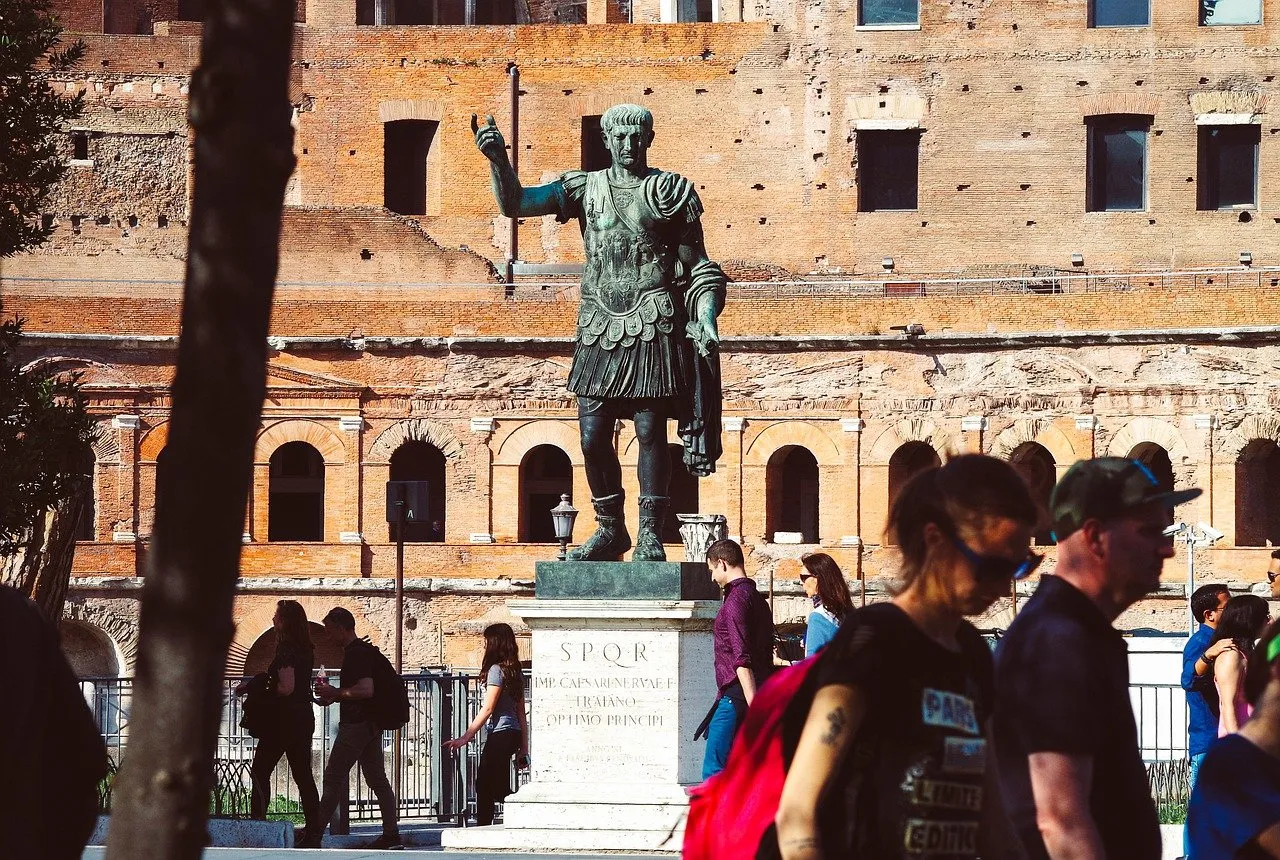
Bitcoin paved the way towards money outside the traditional minting processes. It's for the first time in a long time when governments are losing their grip on money. Up until now, printing "money" was the delegated privilege of the ruling structures.
This decoupling is obviously creating disturbances, and the powers are reacting. On top of structural reaction - like the so called "infrastructure bill" proposed recently (which is nothing but a banning in disguise) - they are also using an alternative called "programmable money", or CBDCs (Central Bank Digital Currencies). These CBDCs "look" like digital money, but they aren't.
In my humble opinion, this is a very bad idea. Here's why.
Layered, Bottom To Top Societies
Our world functions relatively well. We're not killing each other in an organized way anymore, at least not at scale. And we're also enjoying levels of wealth never seen in human history. At the core of all this is a process called "democracy" (which literally means "the power of the people", "demos" + "kratos").
This democracy means that, every 4-5 years, the people are gathering together and express a choice for their rulers. They are electing bodies which are then forming executive structures - governments. I'm not going into details because it will take too much time, but one of the tasks of these governments is to take care of the electing population money. In other words, governments are delegated to manage the money of those who elected them.
If they perform well, they get to be re-elected. If not, next time they lose and other wave of politicians gets a chance.
Like I said, for decades this worked out pretty well. But during the last 20-30 years, fueled by the incredible advance of the technology, something happened.
The world is now moving faster. Way faster.
The 4 years interval for the elections functioned very well when the information propagation had a certain speed. As this speed increased, though, the interval wasn't adjusted. We're still holding elections every 4 years.
And here's the problem: a lot can happen in 4 years.
The Decision Chain Is Broken
This bottom to top delegation translates basically in a top to bottom governance. Once people have spoken, it's now the government job. But this layered society is way too inertial for the speed of the world. The delegation is imbalanced with regards to the time window in which power is exerted.
In these 4 years, governments can do a lot of stuff that is not beneficial for the electors, and they won't bear any consequence. They can bankrupt everyone in year one, and there will be no consequence because elections are in 3 years. Of course, people can revolt and force anticipated elections. But governments are also very good at conserving their powers, at manipulating on mainstream media or, you know, at stealing just enough to not trigger such a powerful reaction, and then moving the needle slowly, in a frog-boiling approach, which eventually clogs the entire process.
At a historic scale, Bitcoin is one of the consequences of this problem. It appeared specifically because most of the governments failed at managing people's money. Bitcoin is, in a way, "people's money", just like democracy is "people's power".
It tries to repair the broken decision chain, by moving some of the money management in the hands of those who own it.
The Trick Up The Ruler's Toga
Western Roman Empire took about 100 years to decay completely. During these 5 generations there were many attempts at preserving its power. I assume that every time they were coming up with something that "really works this time", the emperors back then were just as convinced that they know what they do, as our contemporary leaders.
But I can't take this picture out of my head: a modern politician, smiling on a TV show, and pulling up a trick card not from his sleeve, but from his toga. Because, you know, they're just like the Roman emperors, trying to save a falling empire. And failing lousily at it.
Their latest trick is CBDC. Powers are selling this as the better Bitcoin, sometimes coming up with ridiculous names, like "Britcoin", for UK's CBDC.
But any CBDC will have an enormous disadvantage compared to Bitcoin and that is transparency. The entire crypto ecosystem is based on open-source software. Anybody can audit the code, contribute, fix bugs, or even try to introduce bugs (only to see them removed before going to production, by all those "shadowy super coders").
No government will risk to have their CBDC code out in the wild. They will most likely steal a lot of their initial contracts from whatever is open source now, but from some point onwards they will have to develop within their own closed systems.
And that's where the problem will be. No matter how much money you pour in a closed system, it will eventually crash. Sooner or later they will be hacked by some modern Robin Hood who will take the money back and give them to the people. It is only a question of time.
Any layered society which delegates too much power, for too much time, will be crushed by their own desire to control, to confine, to enslave.
Image by 12138562 from Pixabay
Initially published on blog.
